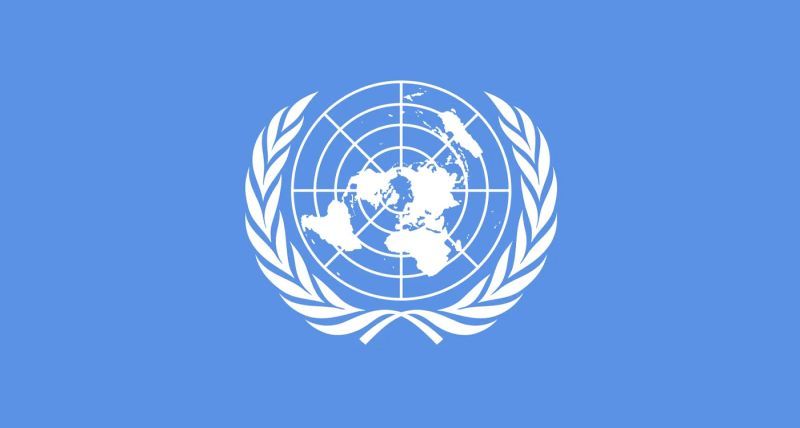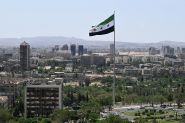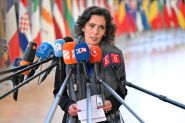- Home
- Middle East
- UN Welcomes New Libya Safety and Rights Committees

©United Nations
The United Nations mission in Libya on Saturday welcomed the formation of two committees by the Libyan presidential council to address safety and human rights after recent deadly clashes in Tripoli.
UNSMIL said the committees were "composed of key parties", with one aimed at "strengthening security arrangements to prevent the outbreak of fighting and ensure the protection of civilians".
The second committee was tasked with "addressing human rights concerns in detention facilities, including widespread arbitrary detention," it added.
Libya is split between the UN-recognised government in Tripoli, led by Prime Minister Abdulhamid Dbeibah, and a rival administration in the east.
The North African country has remained deeply divided since the 2011 NATO-backed revolt that toppled and killed longtime leader Moamer Kadhafi.
Last month, its capital was rocked by days of deadly fighting between rival armed groups that left at least eight people dead, according to the UN.
The violence was sparked by the killing of Abdelghani al-Kikli, the leader of the Support and Stability Apparatus (SSA) armed group, by the government-backed 444 Brigade, which later took on another rival faction, Radaa.
It also came after Dbeibah announced a string of executive orders seeking to dismantle armed groups that he later said had "become stronger than the state".
Earlier this week, the Libyan presidential council announced the creation of the committees in a move that Dbeibah described as necessary "to strengthen the rule of law".
The safety committee was tasked with drafting a plan to disarm non-state actors in Tripoli and strengthen the control of official security forces, the council said.
And the human rights committee will monitor conditions in detention centres and review cases of people detained without judicial oversight.
This came after UN Human Rights Commissioner Volker Turk raised alarm over "gross human rights violations uncovered at official and unofficial detention facilities" run by the SSA group.
UNSMIL said it was "committed to providing technical support" to the newly formed committees.
"UNSMIL stresses that these committees come at a crucial moment when Libyans are demanding meaningful reform, accountable and democratic state institutions," it said.
AFP
Read more



Comments